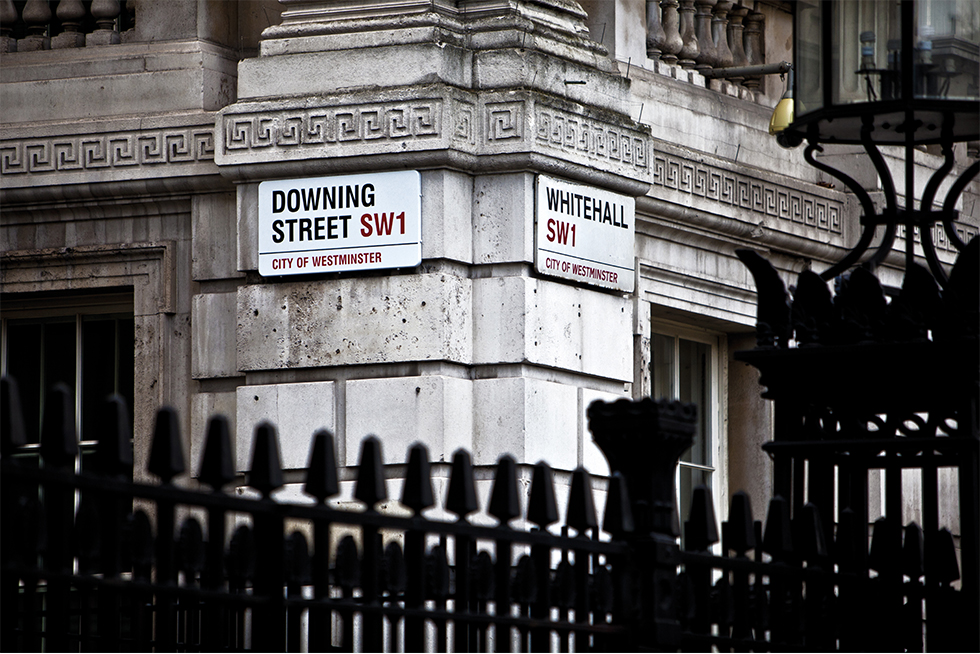Phillip Hammond’s hands were tied in today’s budget, and as a result, the announcements are unlikely to make a significant difference to local people or businesses.
Today’s budget was the first fiscal event of the new parliament, and arguably was expected to introduce some potentially big changes. There were lots of announcements around funding and investment into various areas and also around improving productivity, as well as specific announcements to support young people, but overall, it doesn’t seem as if it will present a huge amount of change.
We know that the government remains committed to a low-tax economy, but with the complexities of current tax legislation and with Brexit on the cards, the Chancellor’s hands were tied, and he was limited in what he could do.
VAT and Making Tax Digital
We knew of plans to potentially reduce the VAT registration threshold from the current £85,000 limit to be more in line with our European neighbours, which would have raised more revenue for the Treasury. However, it was decided to leave the threshold as is for two years. They have instead confirmed an intention to consult on the design of the registration threshold to better solve productivity issues for unregistered traders and save additional administration for smaller business. I suspect with Making Tax Digital for Business to be implemented from April 2019, we will likely see a reduction in the threshold in future years when technology is more advanced to help the smallest businesses with administration.
In the detailed documentation there was confirmation, as we expected, that VAT registered businesses will be mandated into Making Tax Digital from April 2019, but also that the scope of Making Tax Digital will not be widened before the system has been shown to work, and not before April 2020 at the earliest.
Tax avoidance
There was an interesting announcement about making online marketplaces jointly and severally liable for unpaid VAT in respect of overseas traders, as there is a risk that many transactions go under the radar currently.
The Chancellor also suggested a new tax on royalties paid to low tax jurisdictions. With effect from April 2019, withholding tax obligations will be extended to royalty payments, and payments for certain other rights, made to low or no tax jurisdictions in connection with sales to UK customers regardless of where the payer is located.
It was thought the latter would raise £200m for the treasury, which doesn’t seem that much in the grand scheme of things, and with implementation in April 2019, it is possible that an alternative methodology of avoiding tax could be implemented in the meantime.
Environment
Following the success of the plastic carrier bag tax, the government has announced a call for evidence as to how they could tax other single use plastics, such as takeaway packaging.
Fuel duty has remained the same, which is surprising given the call to reduce pollutants from diesel cars, but other measures were announced to encourage better efficiency and emissions from diesel vehicles.
Business rates
There were also suggested changes and support in relation to business rates, in particular the ‘Staircase Tax’, which will provide a welcome relief for small businesses.
More detail about specific tax points can be seen in our other blogs, but you will see from the above that this Budget was really tinkering around the edges, although there were some useful announcements made. The Chancellor wishes to build the economy for the next generation and he has certainly taken some steps, although the actual impact will only be seen as time goes on.



